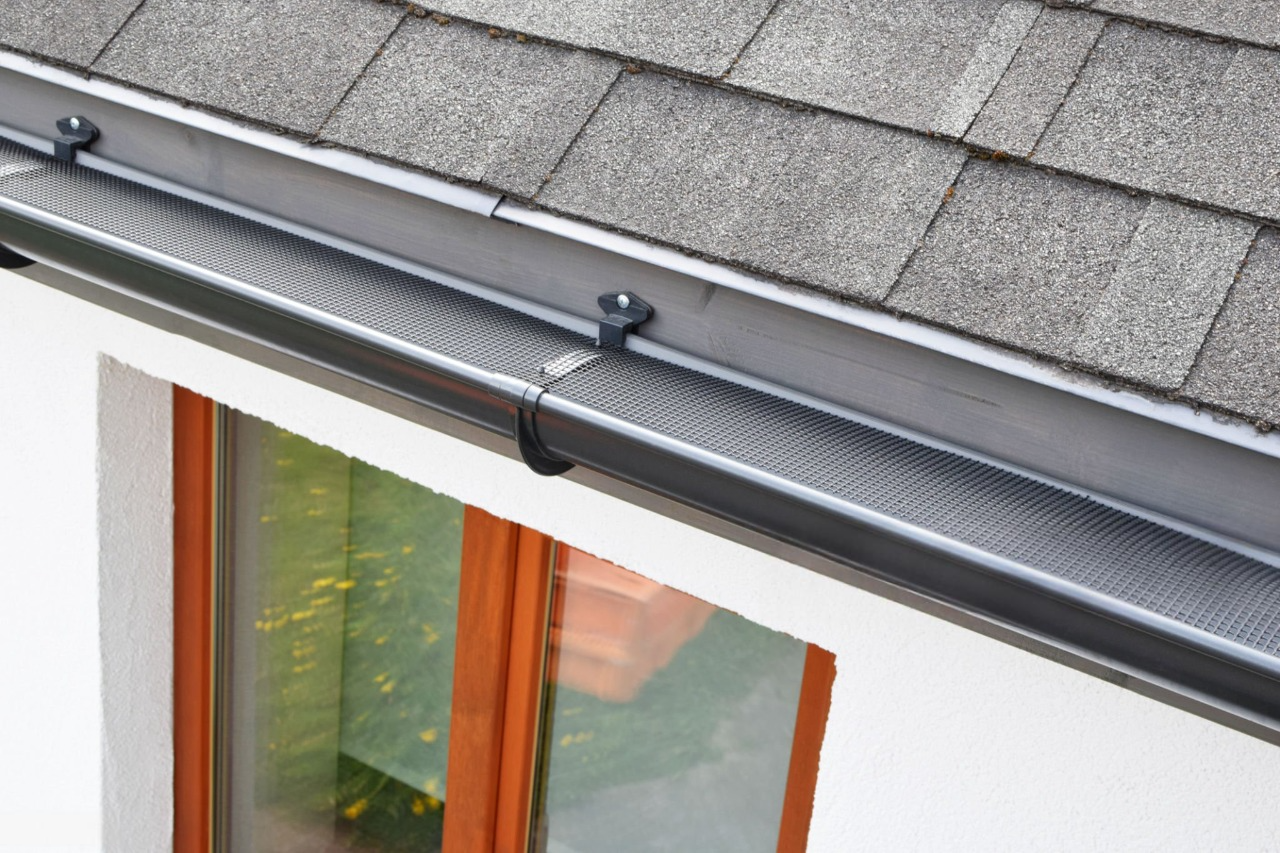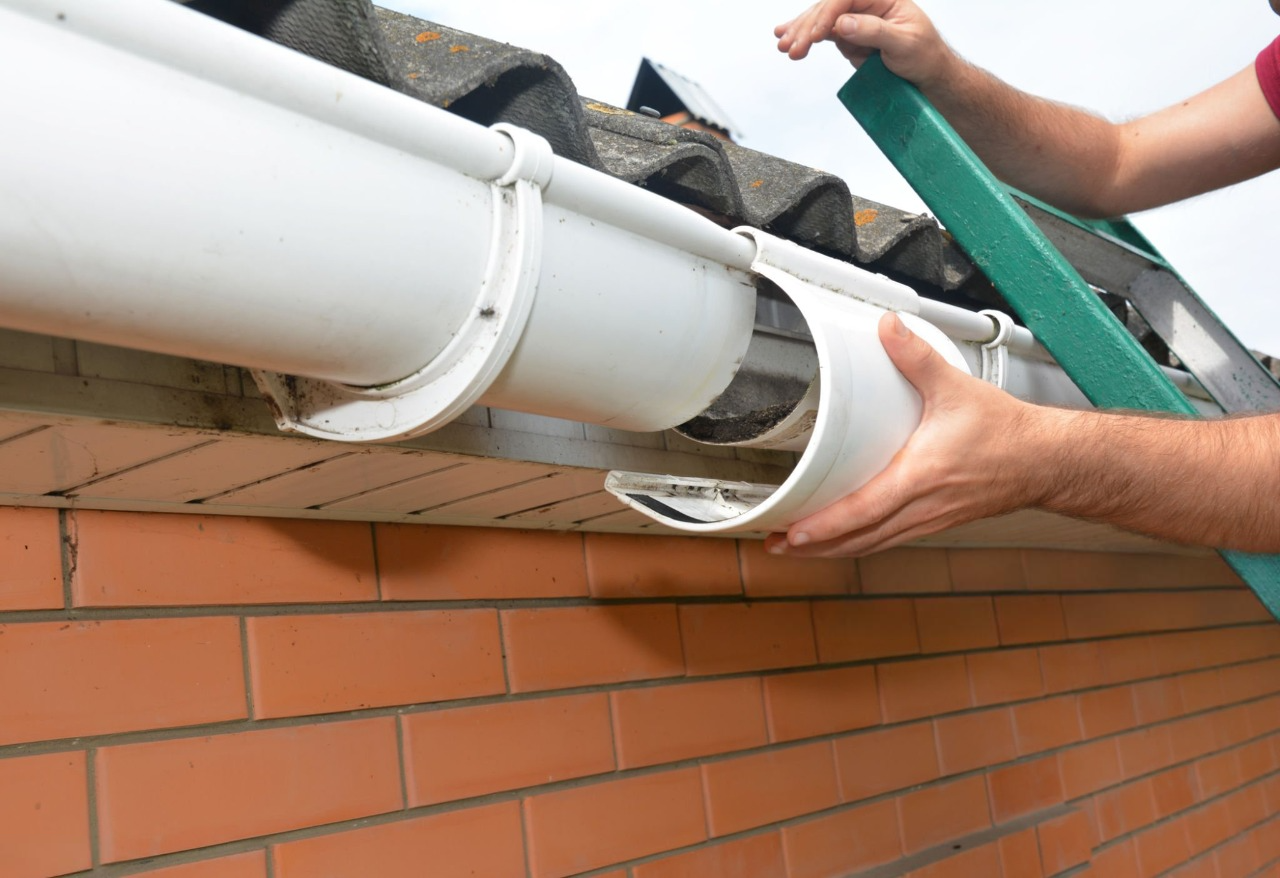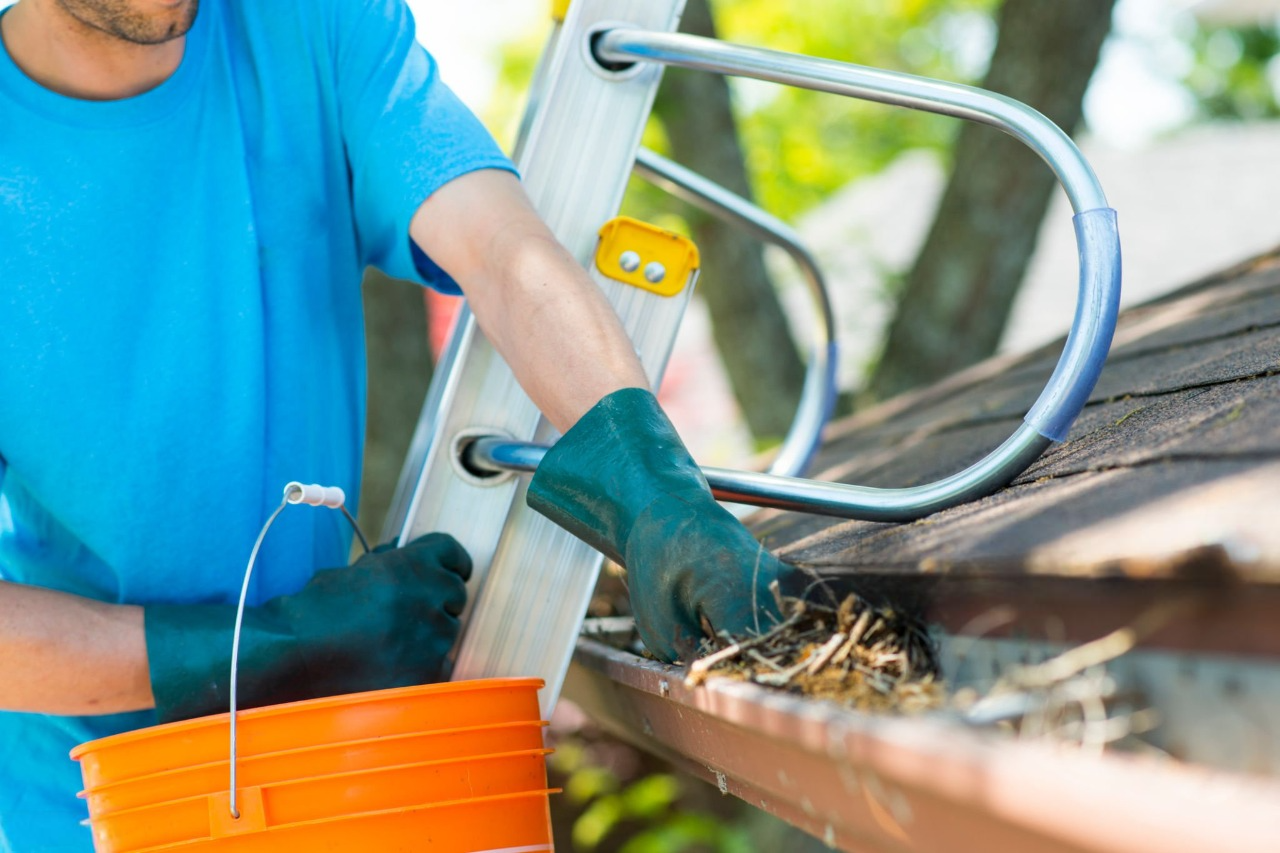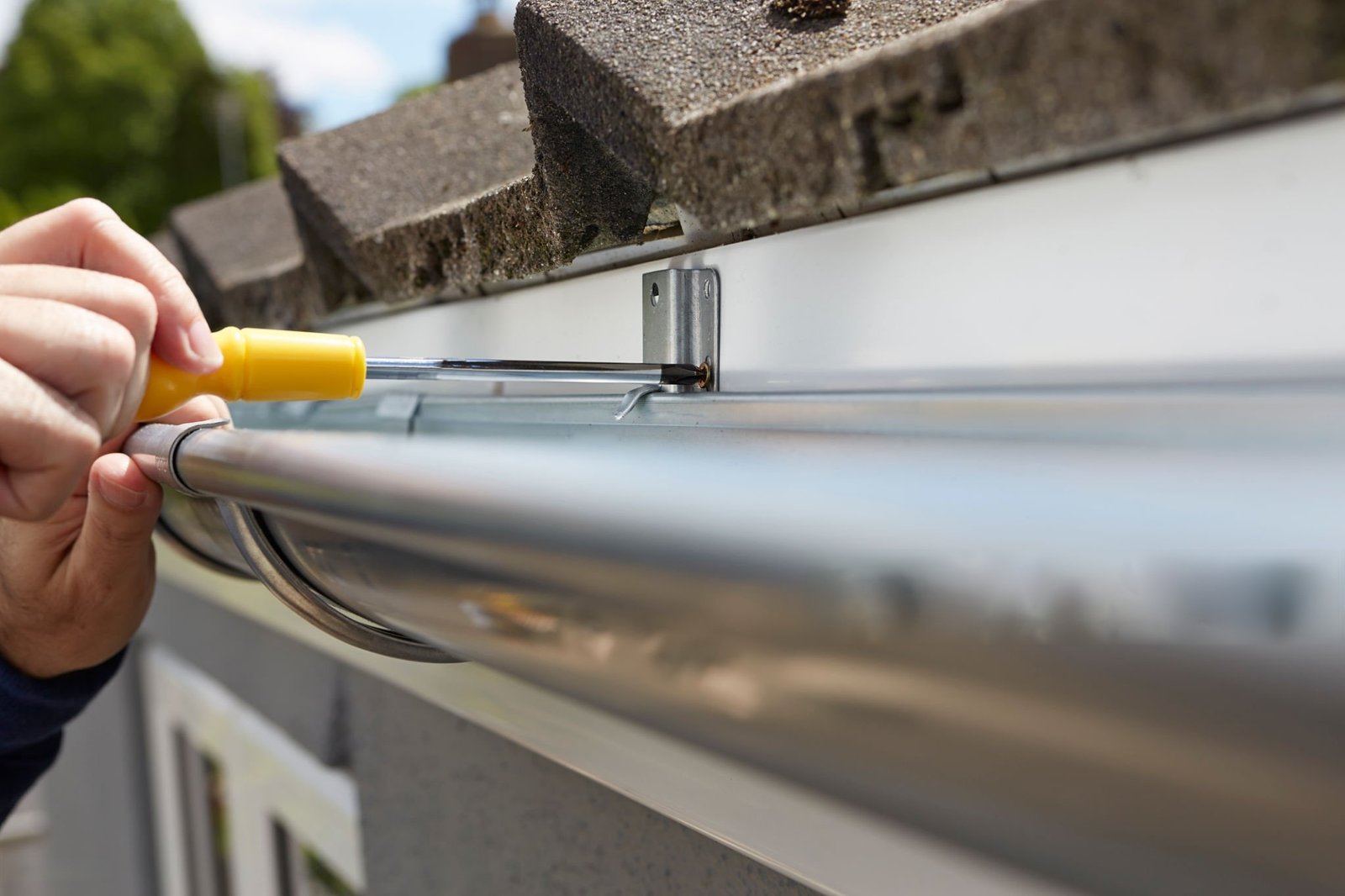
Gutters play a pivotal role in protecting your home from water damage by channeling rainwater away from the roof, siding, and foundation. However, choosing the right gutter material is just as important as regular maintenance. The material you select will impact the performance, longevity, and aesthetic of your gutters, all of which are influenced by your home’s climate. Understanding the specific needs of your region and the pros and cons of various materials will help you make an informed decision. In this blog post, we will explore how to choose the best gutter material based on your home’s climate, focusing on the different types of materials available and the advantages and drawbacks of each.
Understanding How Climate Affects Gutter Performance
Before delving into the specifics of each gutter material, it’s important to understand how climate plays a crucial role in their performance. The weather conditions in your region—whether they involve heavy rainfall, extreme heat, freezing temperatures, or saltwater exposure—will determine the most suitable material for your gutters. Choosing the right material for your local climate ensures that your gutters will function properly and last for many years.
For instance, if you live in an area that experiences heavy rainfall or frequent storms, you need a gutter material that can handle the increased volume of water. Similarly, if your region experiences extreme cold or snowfall, your gutters should be able to withstand freezing conditions without cracking or warping. Saltwater exposure, common in coastal areas, may require materials that resist corrosion. Understanding these factors will help guide your selection.
The Most Common Gutter Materials and Their Benefits
Now that we know how climate affects gutter performance, let’s explore the most common gutter materials and their suitability for different environmental conditions.
1. Aluminum Gutters: The Versatile Option
Aluminum is one of the most popular gutter materials due to its versatility, affordability, and durability. It is especially well-suited for areas with moderate climates, as it can handle both moderate rainfall and temperature fluctuations.
Pros:
Lightweight and rust-resistant: Aluminum gutters are lightweight, making them easier to install and maintain. They also resist rust, making them ideal for areas with moderate rainfall and humidity.
Corrosion-resistant: Aluminum does not corrode in the presence of water, which makes it a great option for coastal regions with saltwater exposure.
Variety of styles: Aluminum gutters are available in a range of colors and styles, allowing homeowners to choose an option that matches the aesthetic of their home.
Cost-effective: Aluminum is one of the most affordable gutter materials, making it a great choice for homeowners looking for a balance between quality and budget.
Cons:
Not ideal for extreme cold: While aluminum is resistant to corrosion, it can become brittle in extreme cold temperatures, which may cause it to crack or break under the pressure of snow or ice.
Best for: Mild to moderate climates, areas with high humidity or saltwater exposure, and those seeking an affordable yet durable option.
2. Copper Gutters: The Long-Lasting Luxury Option
Copper gutters are known for their aesthetic appeal and superior longevity. These gutters are ideal for homeowners who are willing to invest in a high-end, long-lasting gutter solution. Copper is especially suitable for warmer climates, where its natural ability to resist corrosion and the buildup of debris can be maximized.
Pros:
Aesthetic appeal: Copper gutters are often chosen for their elegant, timeless look. They develop a natural patina over time, adding a unique charm to your home’s exterior.
Durability: Copper gutters are highly resistant to corrosion, rust, and the effects of weather, making them a great long-term investment. They can last up to 100 years, far outlasting other materials.
Low maintenance: Copper does not need frequent maintenance and will naturally resist the buildup of mold or algae, which can affect other materials.
Cons:
Costly: Copper gutters are one of the most expensive options, both in terms of material costs and installation.
Prone to dents: While durable, copper gutters can be dented by heavy debris or strong storms, which can compromise their functionality and appearance.
Best for: Homeowners in dry, warm climates or those who prioritize aesthetics and long-term investment.
3. Vinyl Gutters: The Budget-Friendly Choice
Vinyl gutters are a great option for homeowners on a budget. These gutters are made from durable PVC plastic and are available in various colors and sizes. Vinyl gutters are easy to install and maintain, making them a popular choice for DIY homeowners.
Pros:
Affordable: Vinyl gutters are one of the least expensive options, making them a great choice for budget-conscious homeowners.
Lightweight: Vinyl is lightweight and easy to handle, which makes installation simple and quick.
Resistant to rust and corrosion: Vinyl gutters are immune to rust, and they hold up well in humid climates or areas with frequent rain.
Cons:
Not as durable in extreme temperatures: Vinyl gutters can become brittle and crack in extremely cold temperatures. They may also warp or fade in areas that experience intense heat or UV exposure.
Limited lifespan: While durable, vinyl gutters do not last as long as metal alternatives. They typically have a lifespan of around 20 years, compared to 50+ years for other materials.
Best for: Mild to moderate climates with relatively stable temperatures, especially for homeowners looking for an affordable option.
4. Steel Gutters: The Heavy-Duty Option
Steel gutters, including galvanized steel and stainless steel, are known for their strength and durability. These gutters are an excellent choice for areas with heavy rainfall or snowfall, as they are able to handle the increased water load without bending or sagging.
Pros:
Strength and durability: Steel gutters are incredibly strong and can withstand heavy rainfall and snow, making them ideal for colder climates that experience frequent snowstorms.
Long lifespan: Steel gutters can last up to 50 years when properly maintained, making them a good long-term investment.
Variety of finishes: Steel gutters are available in various finishes, including coated, galvanized, and stainless steel, which provide additional protection from the elements.
Cons:
Prone to rust: While galvanized steel gutters are coated with a protective layer to prevent rust, they can still rust over time, especially in regions with high humidity or saltwater exposure.
Heavy: Steel gutters are heavier than aluminum or vinyl, which can make installation more difficult and labor-intensive.
Best for: Areas with heavy rainfall, snow, or extreme weather conditions that require a durable, high-performance material.
5. Zinc Gutters: The Durable and Low-Maintenance Solution
Zinc gutters are similar to copper gutters in terms of longevity and resistance to corrosion. However, they offer a more modern and sleek look. Zinc is particularly well-suited for areas with mild to moderate climates but can also withstand cold temperatures without cracking.
Pros:
Long-lasting: Zinc gutters are known for their impressive lifespan, often lasting up to 100 years with minimal maintenance.
Corrosion-resistant: Zinc naturally resists corrosion, rust, and the buildup of debris, making it ideal for areas with high humidity or frequent rain.
Low maintenance: Zinc gutters do not require regular cleaning and can develop a natural patina over time, adding to their aesthetic appeal.
Cons:
Costly: Like copper gutters, zinc gutters are more expensive than many other materials, both in terms of material costs and installation.
Prone to dents: Zinc gutters, while durable, can be dented by heavy debris or storms.
Best for: Homeowners seeking a durable, low-maintenance solution for mild to moderate climates.
Conclusion
Choosing the right gutter material for your home is essential for ensuring optimal performance and long-term durability. Factors such as climate, maintenance preferences, and budget will all play a role in the decision-making process. Whether you opt for the cost-effective durability of aluminum, the timeless elegance of copper, or the strength of steel, selecting the material that best suits your climate will help prevent costly repairs and ensure that your gutters are functioning properly year-round. By understanding the pros and cons of different gutter materials and their suitability for various weather conditions, you can make a well-informed decision that protects both your home and your investment.
Post a comment Cancel reply
Related Posts
Signs Your Gutters Need Repair and Why You Should Act Fast
Your gutters play a crucial role in safeguarding your home from water damage by directing…
The Importance of Regular Gutter Maintenance: How to Prevent Costly Repairs
When it comes to home maintenance, gutters are often an afterthought for many homeowners. Yet,…






